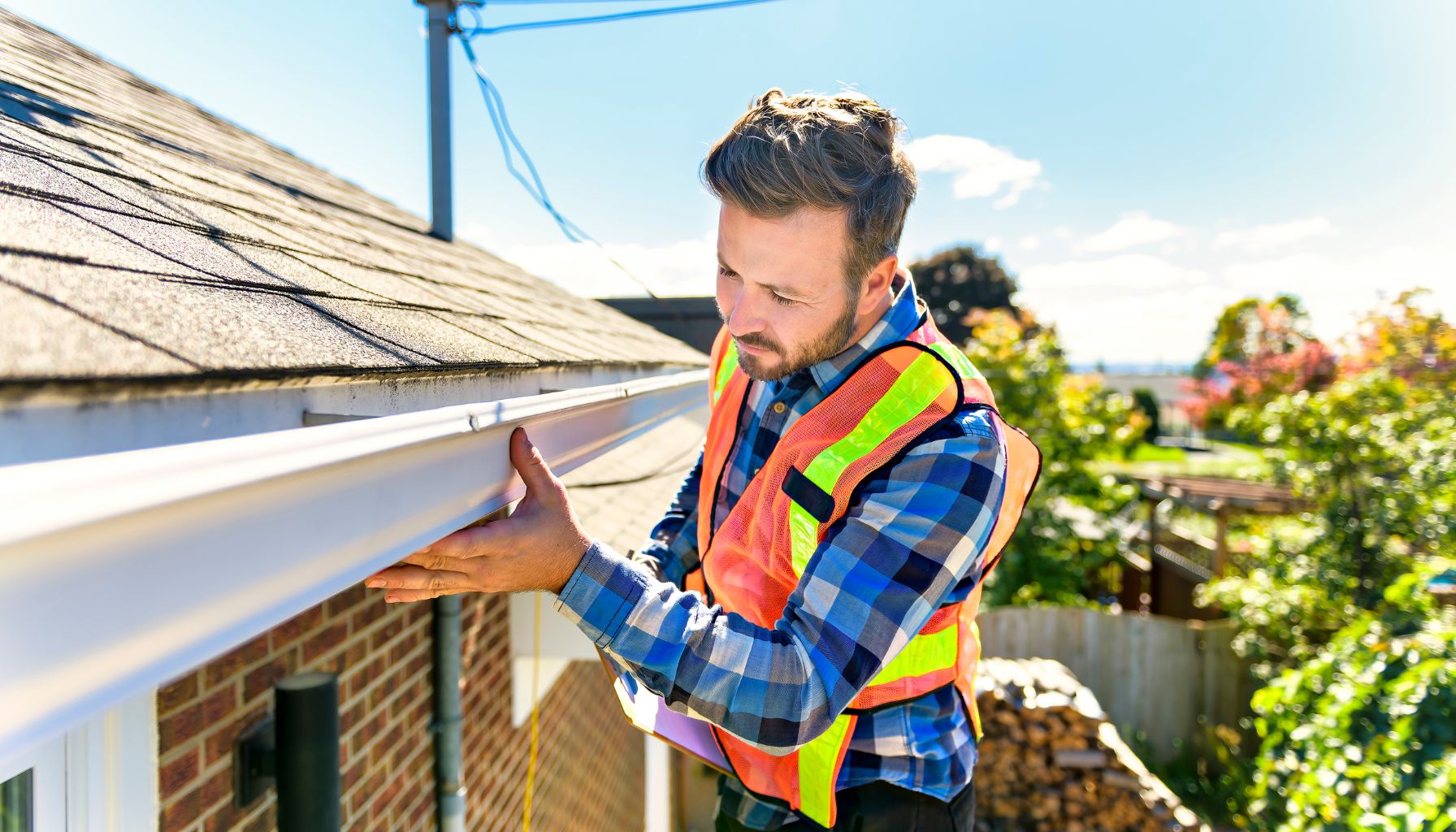Buying a house is a monumental decision, and it’s easy to make mistakes along the way. Whether you’re a first-time homebuyer or looking to upgrade, knowing these common pitfalls can save you from future headaches. Let’s dive into the top mistakes people make when buying a house and how to avoid them.
1. Not Getting Pre-Approved for a Mortgage
Jumping into house hunting without a mortgage pre-approval is like shopping without knowing your budget. Pre-approval helps you understand how much you can afford and makes you a serious buyer in the eyes of sellers. Without it, you might fall in love with a home that’s out of your financial reach. It also speeds up the buying process once you find the right house. So, step one: get that pre-approval!
2. Skipping the Home Inspection
A home might look perfect on the surface, but a thorough inspection can reveal hidden issues. Skipping this step to save money can lead to costly repairs down the line. Inspections can uncover problems with the foundation, roof, plumbing, and more. It’s essential to know what you’re getting into before you sign on the dotted line. Always hire a qualified inspector to give you peace of mind.
3. Ignoring the Neighborhood
You might find the perfect house, but if the neighborhood doesn’t suit your lifestyle, you’ll be miserable. Take time to explore the area, check out local amenities, and consider your commute. Visit at different times of the day to get a true sense of the neighborhood’s vibe. Talk to potential neighbors and research the local schools if you have kids. A great house in the wrong location is still a bad buy.
4. Focusing Only on Aesthetics
It’s easy to be swayed by a beautifully staged home, but looks can be deceiving. Focus on the bones of the house: the layout, square footage, and condition of essential systems. Cosmetic changes are easy to make; structural issues are not. Don’t let a fresh coat of paint distract you from potential deal-breakers. Always look beyond the surface to the home’s true potential.
5. Overextending Financially
Buying a house is exciting, but it’s crucial to stay within your budget. Overextending yourself can lead to financial strain and even foreclosure. Consider all the costs involved: mortgage payments, property taxes, maintenance, and unexpected repairs. Stick to what you can afford, not what you qualify for. Financial stability is key to enjoying your new home without stress.
6. Forgetting Future Needs
Think about your future needs and how long you plan to stay at home. Are you planning to expand your family? Do you need a home office? Will you need a bigger yard for pets? Buying a home that suits your current lifestyle without considering future changes can lead to regrets. Ensure the house will meet your needs for years to come, not just right now.
7. Not Researching the Market
Jumping into the market without doing your homework can lead to bad decisions. Research current market trends, property values, and interest rates. Understanding the market can help you make a more informed offer and avoid overpaying. Knowledge is power, especially when making such a significant investment. Take your time to learn before you leap.
8. Being Too Emotional
Buying a home is a significant emotional investment, but letting your heart lead over your head can be dangerous. Falling in love with a house can cloud your judgment and lead to poor decisions. Stay objective and stick to your criteria and budget. Remember, there’s always another house out there. Keeping emotions in check will help you make a smart, rational choice.
9. Neglecting to Read the Fine Print
Real estate contracts are packed with legal jargon and fine print. Neglecting to read and understand them can lead to unpleasant surprises. Take the time to review all documents thoroughly, and don’t hesitate to ask questions. Hire a real estate attorney if necessary to ensure everything is in order. Understanding what you’re signing is crucial to avoid future disputes.
10. Failing to Plan for Closing Costs
Many buyers focus solely on the purchase price and forget about closing costs, which can be significant. These costs include fees for appraisals, inspections, title insurance, and more. Not planning for these expenses can leave you financially strapped. Make sure to budget for closing costs in addition to your down payment. Being prepared will make the final steps of buying a home much smoother.
Buy Smart and Avoid Regret
Buying a house is a complex process with many potential pitfalls. By being aware of these common mistakes, you can navigate the journey more smoothly and make a sound investment. Take your time, do your research, and always think long-term. Happy house hunting!
Read More:
10 Surprising Reasons Millennials Are Struggling to Purchase Homes
6 Strategies for Finding the Perfect Home for Your Growing Family













Leave a Reply